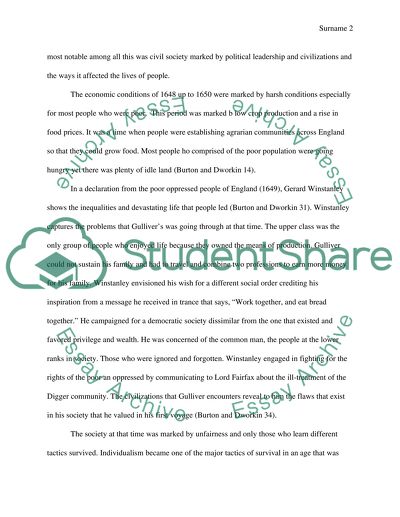Cite this document
(“Social Systems Encountered in Gulliver's Travels Essay”, n.d.)
Social Systems Encountered in Gulliver's Travels Essay. Retrieved from https://studentshare.org/literature/1437030-social-systems-encountered-in-gulliver-s-travels
Social Systems Encountered in Gulliver's Travels Essay. Retrieved from https://studentshare.org/literature/1437030-social-systems-encountered-in-gulliver-s-travels
(Social Systems Encountered in Gulliver'S Travels Essay)
Social Systems Encountered in Gulliver'S Travels Essay. https://studentshare.org/literature/1437030-social-systems-encountered-in-gulliver-s-travels.
Social Systems Encountered in Gulliver'S Travels Essay. https://studentshare.org/literature/1437030-social-systems-encountered-in-gulliver-s-travels.
“Social Systems Encountered in Gulliver'S Travels Essay”, n.d. https://studentshare.org/literature/1437030-social-systems-encountered-in-gulliver-s-travels.


